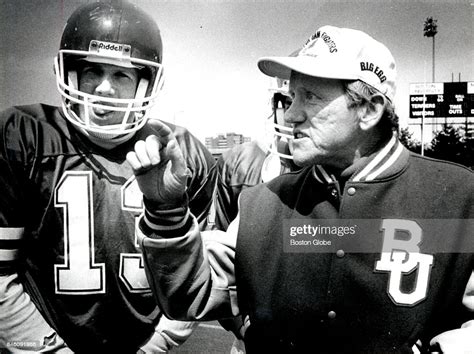A Quote by Chelsea Manning
Investigative journalism and reporting has become much more dangerous. This is especially true for journalists and sources in National Security - but it has been getting pretty bad for beat reporters and small outlets doing local reporting, too.
Related Quotes
My reporting in Africa wouldn't be political per se, but it's certainly the point of my reporting - and of a lot of other reporters I know: Human suffering is bad, and if reporting stories about it brings it to light and someone does something, that's part of the point of journalism. And it's a thin line between that and activism, and you have to be careful about that.
In this very uncertain time for the media, serious investigative reporting - the expensive, time-consuming stuff - is under enormous pressure at newspapers and other commercial news organizations. Non-profits such as the Center for Public Integrity are taking on this vital work and without them the prospects for investigative reporting would be even more dire. The Center has been properly celebrated for its careful, rigorous work, and to my mind it has now ascended to the status of national treasure.
The first victim in journalism today is proximity. I know I've used that word a lot. Because of foreign budgets, newspapers have consolidated, and journalists now cover dozens of countries at a time. It is physically not possible for one person to understand and live the unique sets of experiences in all these places in honest and meaningful ways. Outlets used to send journalists to places like Congo for months at a time, and they were stationed there for months or years. There was a sense of immersive reporting, and that has been a casualty of the shift in news over the past years.
My understanding from talking to a lot of people in the business has been that it used to be that a newspaper was considered a community service. Now they're being run as profit centers, and they're trying to get pretty high profit margins. As a result, investigative reporting has been seen as a problem.





































